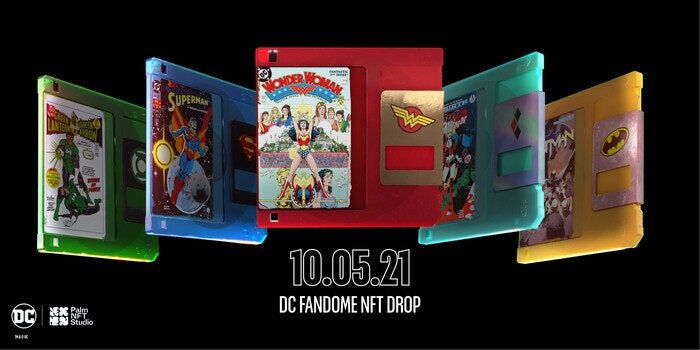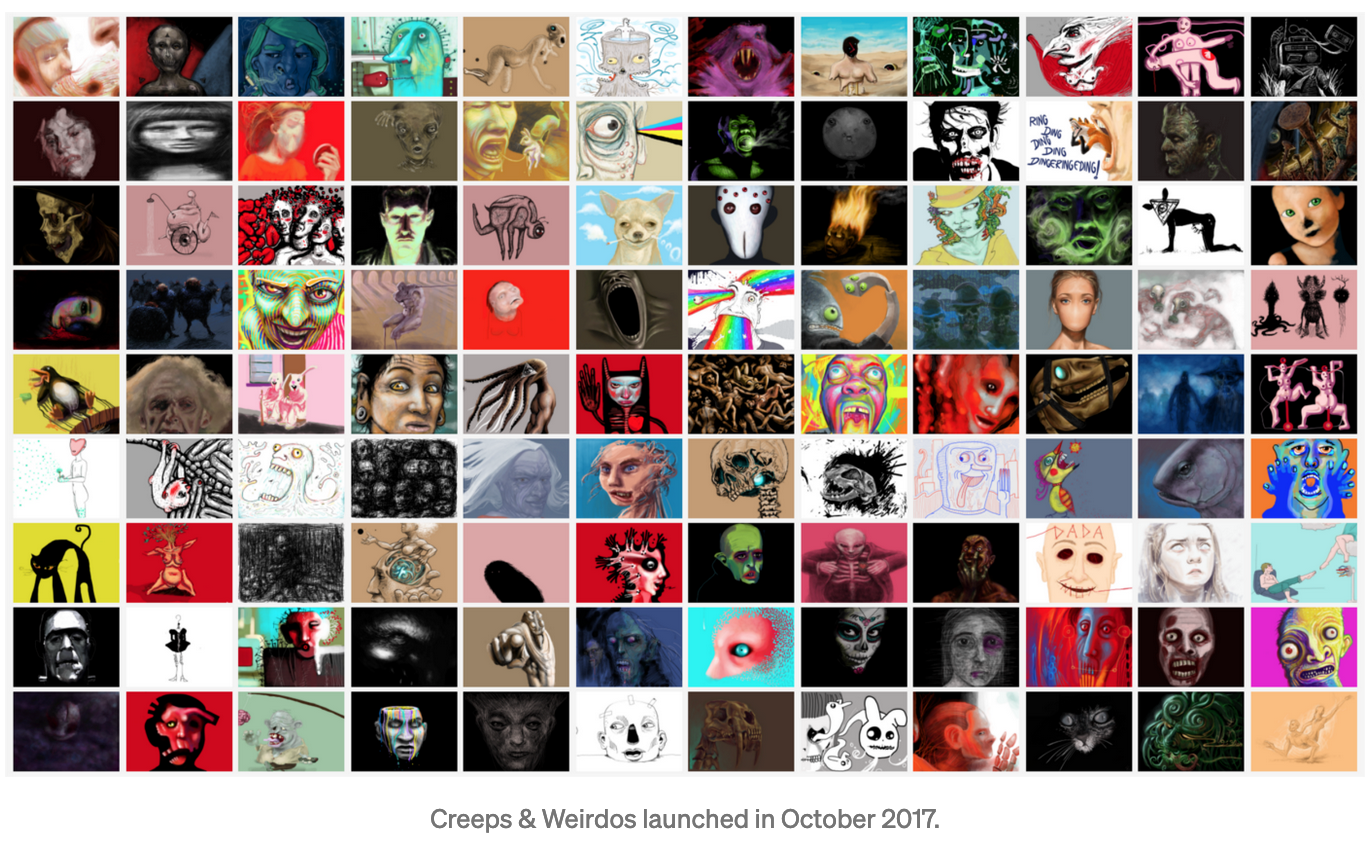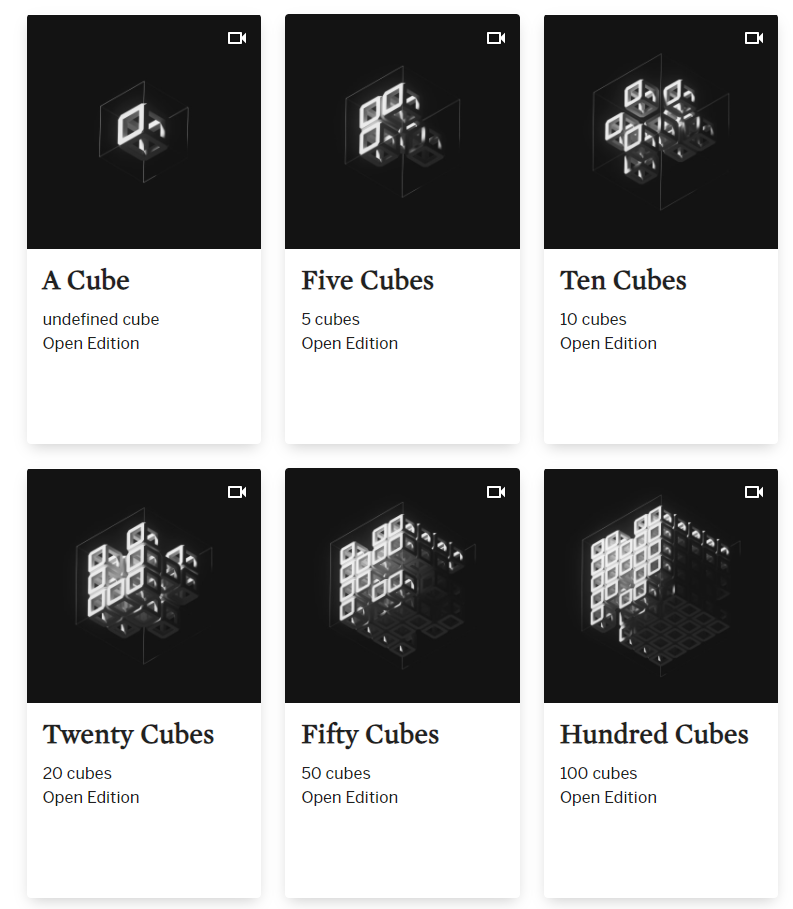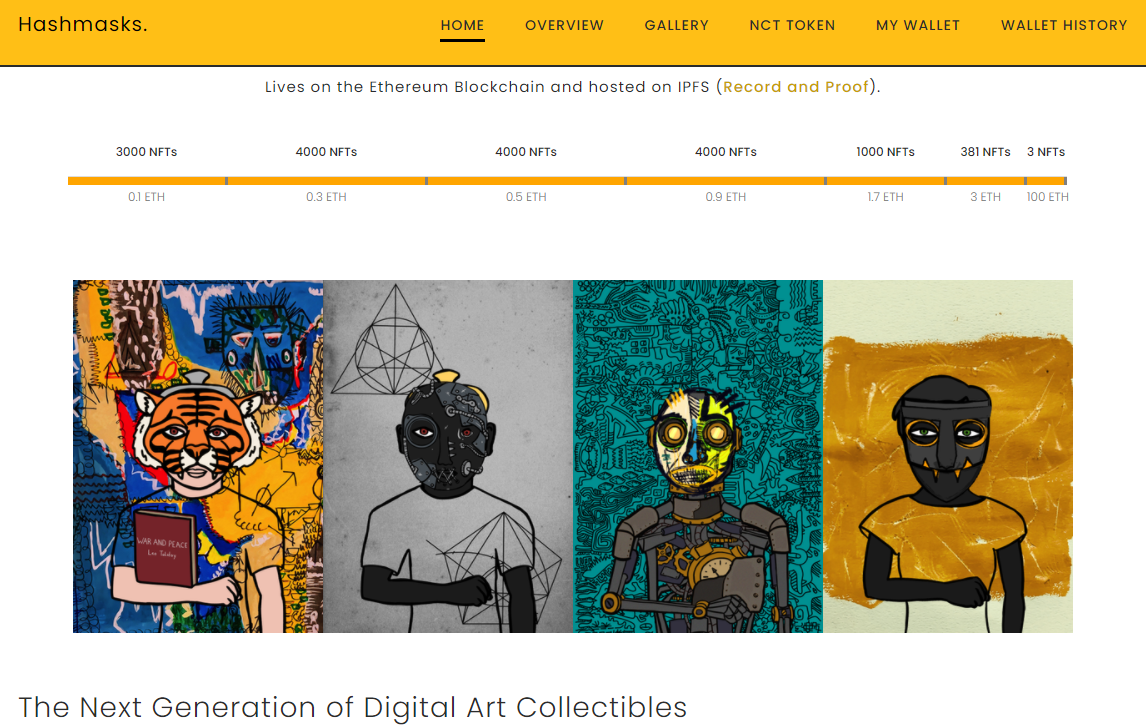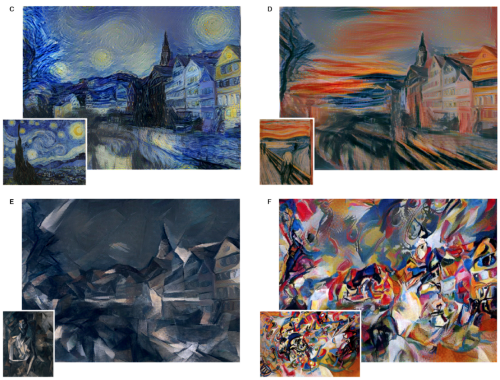The structure of capital markets precedes the innovations that come from it. High frequency trading, passive ETF investing, SPACs, and crypto assets all telegraphed their value proposition before becoming large and meaningful in scale. We are now seeing a new market shape emerge, one that starts with community and builds up into financial instruments that are cultural and social. This analysis looks at the most recent developments in the overlap between decentralized social and cultural work and related financial features.
Read MoreIn this conversation, we talk with Beatriz Helena Ramos – artist, entrepreneur, film director, producer and illustrator – the mind behind DADA.art. DADA is “a space where everything is about cooperation and solidarity, which are amazing ways to allow self-expression, as well as constant inspiration. Additionally, we provide simple tools to encourage creativity, and erase intimidation.”
More specifically, we discuss Beatriz’s journey to creating DADA, decentralized power structures, community-inspired creative collaboration, assymetric rewards in NFT markets driving new value distribution methodologies, DADA’s latest project called “The Invisible Economy”, and technology-inspired and centric approaches to empower artists in the future.
Read MoreThis week, we discuss the current state of the NFT markets, and our top 5 trends for NFTs beyond the initial hype:
Incumbent media NFTs and enterprise IP networks
Programmatic and generative art, and the blockchain medium
Digital Museums, DAOs, and the growth of the Metaverse
What it means to own the NFT: IPFS and multi chain support
Integration into DeFi and traditional portfolio management
This week, we look at:
Hashmasks, CryptoPunks, and other large NFT / crypto art projects generating tens of millions of USD trading volume
Perceptions of financial value, as well as whether it matters to have an “original” digital art piece relative to its digital copy
The intersection of collectibles with decentralized finance, and its collateralization, tranching, lending, and trading, as well as a view on 2021
However, mastery is not immune to automation. As a profession, portraiture melted away with the invention of the Camera, which in turn became commoditized and eventually digitized. The value-add from painting had to shift to things the camera did *not* do. As a result, many artists shifted from chasing realism to capturing emotion (e.g., Impressionism), or to the fantastical (e.g., Surrealism), or to non-representative abstraction (e.g., Expressionism) of the 20th century. The use of the replacement technology, the camera, also became artistic -- take for example the emotional range of Fashion or Celebrity photography (e.g., Madonna as the Mona Lisa). The skill of manipulating the camera into making art, rather than mere illustration, became a rare craft as well -- see the great work of Annie Leibovitz.
Read More
